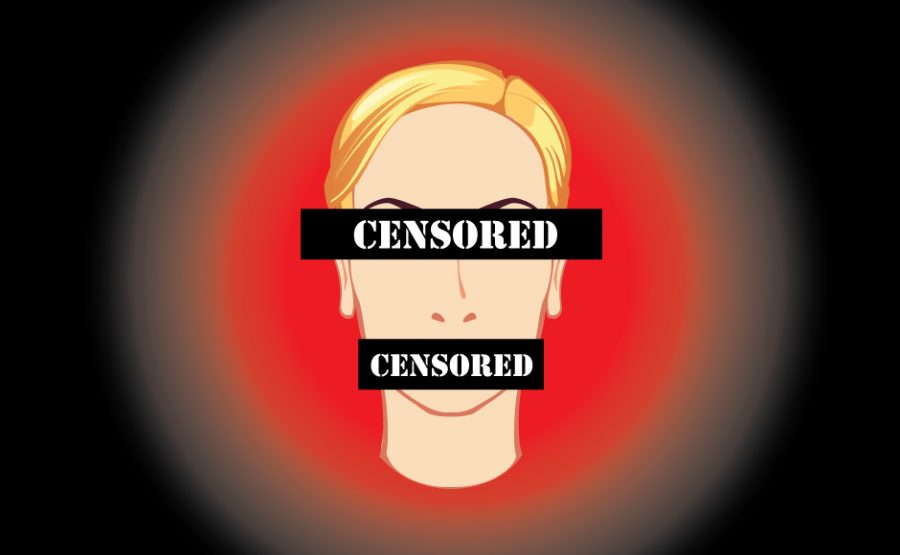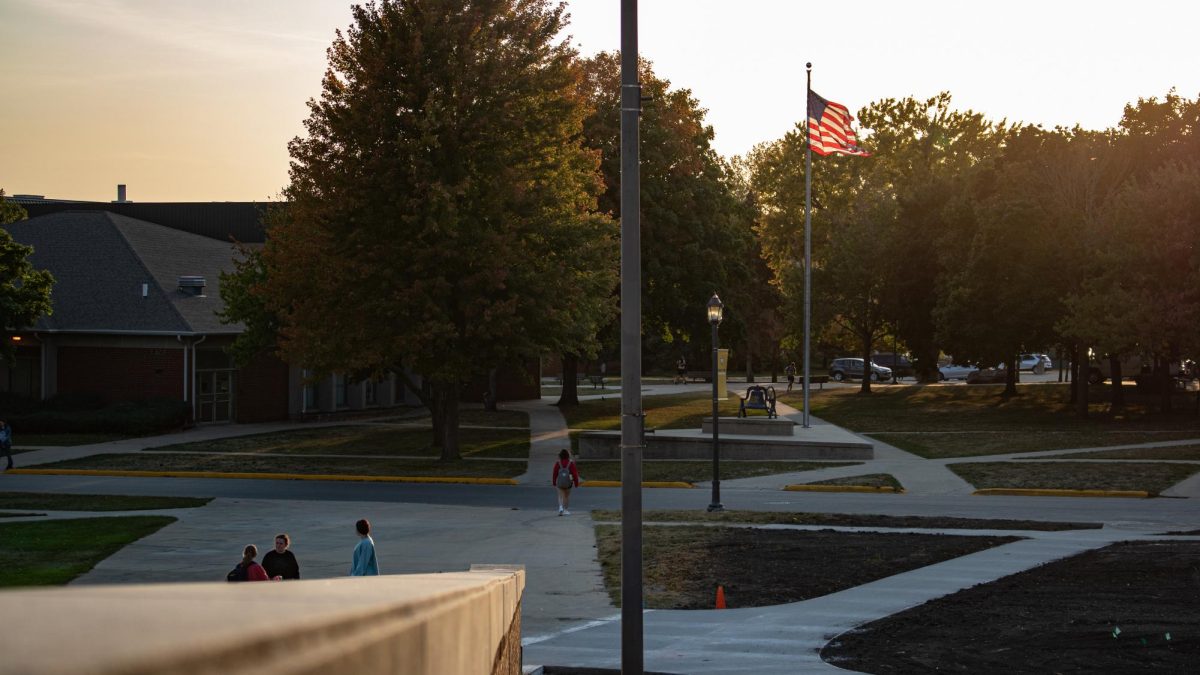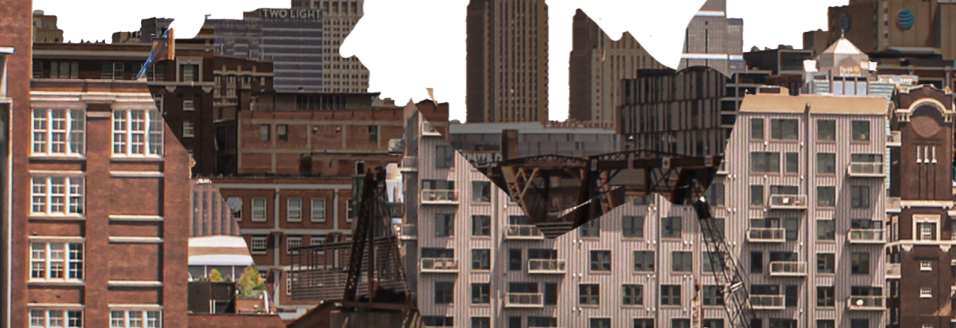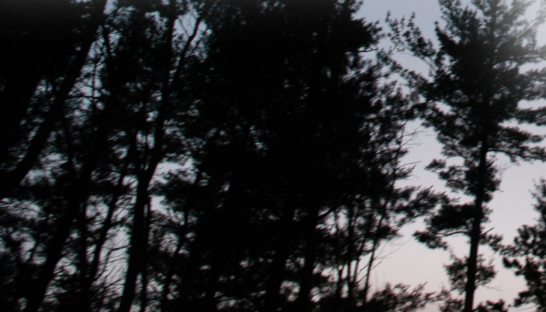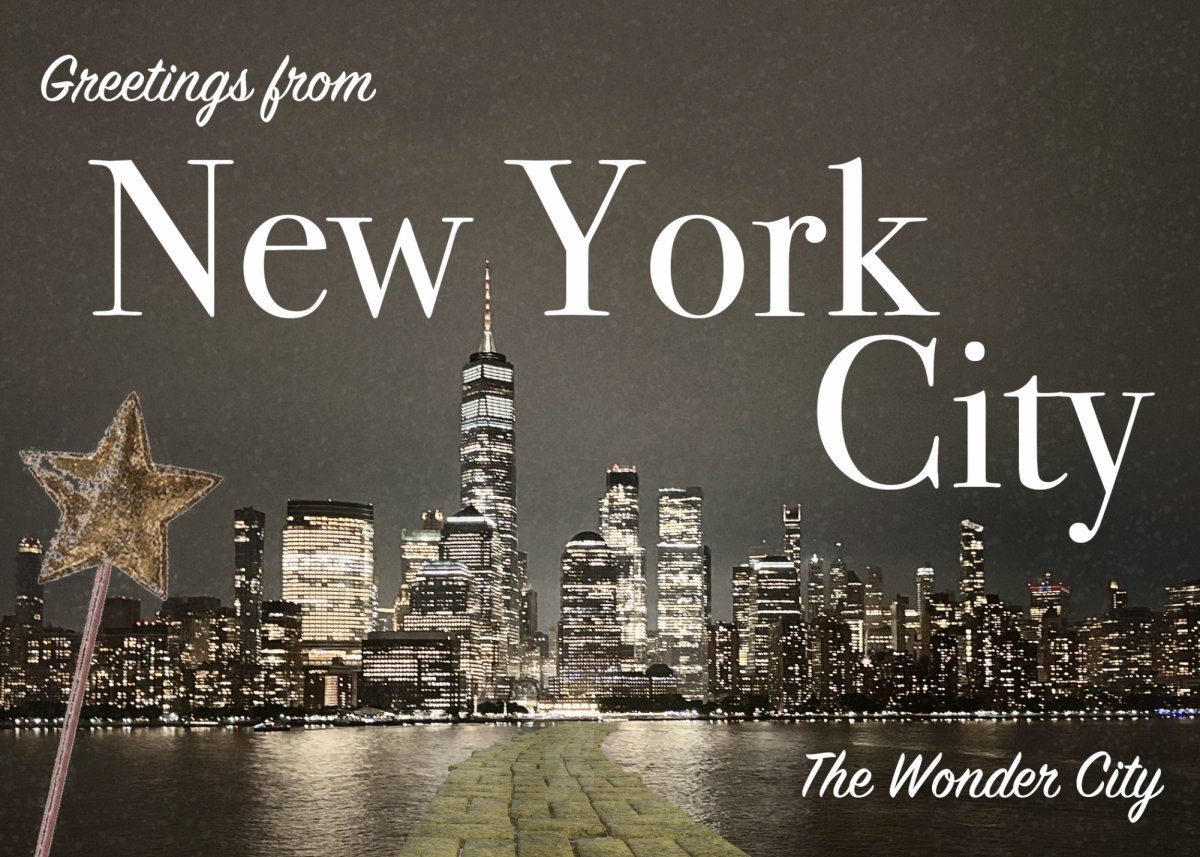Shauna McKnight | Co-Editor in Chief
Many people know that the First Amendment to the United States Constitution guarantees our right to free speech and religion. Fewer people know that the First Amendment also guarantees them freedoms of assembly, petition, and the press. According to the State of the First Amendment, an annual study done since 1997 by the First Amendment Center reported that 34% of Americans could not name any of the freedoms guaranteed to them by the First Amendment.
This fact leads me to believe that many people also might not know that because Buena Vista University (BVU) is a private institution, thus these rights don’t necessarily apply to us as students in the way we think it does. Hypothetically, the administration could suddenly require that every student attend Chapel on Sundays. They are allowed to do this, because the First Amendment only protects citizens from establishment of religion by a government entity. Because BVU is a private college and not funded by the state, they are legally allowed to mandate religious services for students. This same concept would also apply to every other freedom granted by the Bill of Rights.
Now that my audience hopefully has a better understanding of how the First Amendment affects privately funded universities, I’m going to move on to my particular area of interest: freedom of the press. I believe having a student press free from prior restraint and censorship is one of the most important things a university can have.
A free press ensures that student journalists learn accountability in their reporting. Student reporters’ words have power, so it is important to gain a complete and accurate picture of any issue. When they are held accountable for the task of reporting accurately, it teaches them to look for legitimate sources and quality information. Research is an important part of any job, so learning how to do this while still in school is a huge benefit to students.
Additionally, it is important to the student body because the student press often explains campus issues in, perhaps, a more honest way than a campus public relations person would. It’s the job of the university to ensure that BVU maintains a positive image in the public view. They want to recruit more students, so it is sometimes not in their best interest to report about issues that might cast the institution in a negative light. However, it is still important that students, faculty, and alumni have access to this information so that they may make better informed decisions about what happens to us – the students.
Universities exist to enrich minds and to challenge old ideas. Censorship stops the flow of ideas and discussion. One can see that censorship has the exact opposite effect than what universities are trying to teach us.
Graphic by Justice Gage



